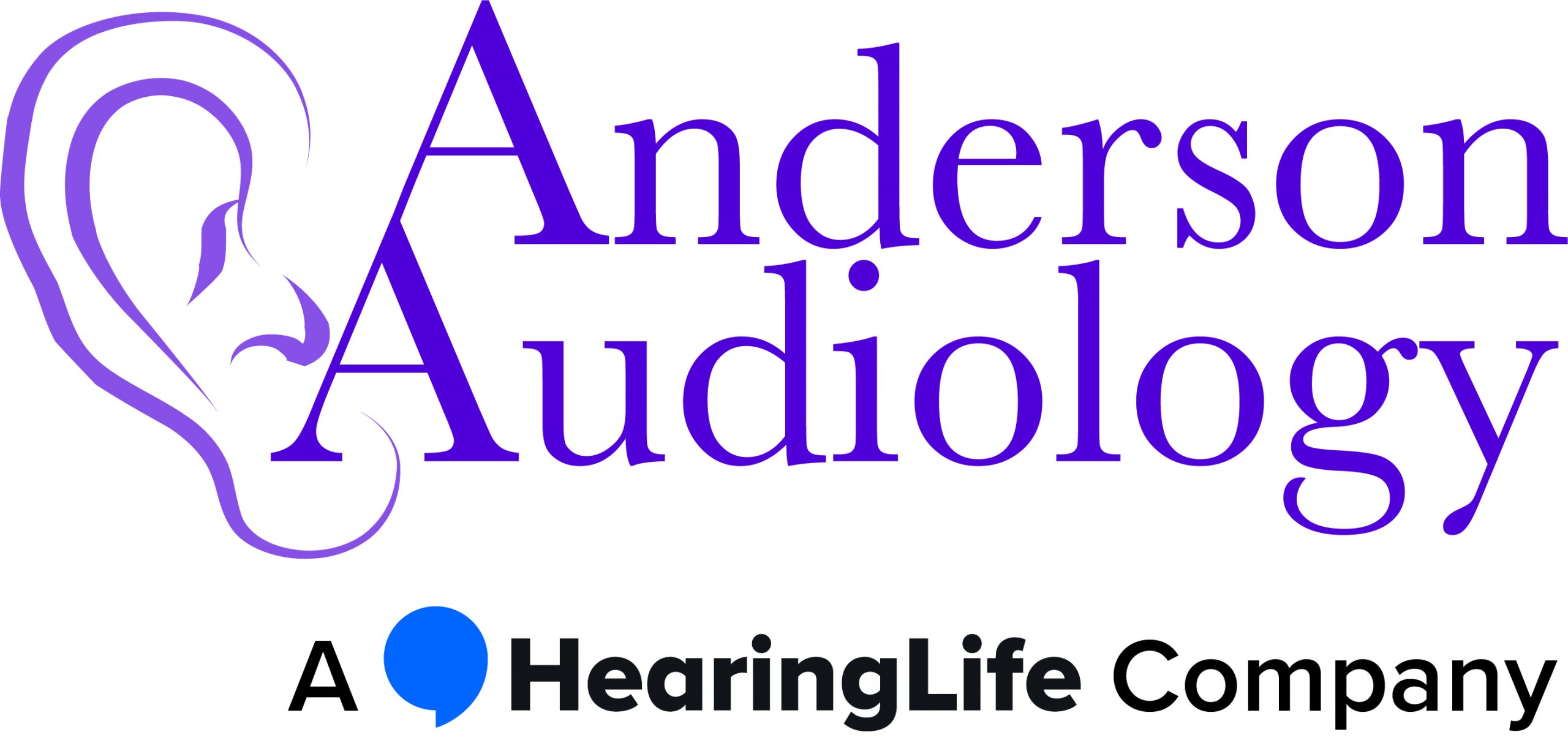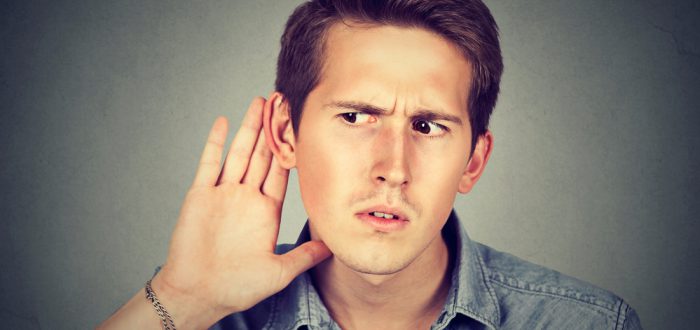Single-sided deafness or single-sided hearing loss is when only one ear is affected. Other names for single-sided deafness (SSD) include unilateral hearing loss (UHL) or one-sided hearing loss. Most of the time, hearing loss occurs in both ears. Today we will be discussing the causes, symptoms, and treatment options for single-sided deafness or hearing loss.
Causes of Single-Sided Deafness or Single-Sided Hearing Loss
When someone has single-sided deafness or single-sided hearing loss, it usually doesn’t occur gradually. The following are common causes:
- Exposure to loud noise.
- Injury or accident.
- Blockage.
- Side effect of specific drugs.
- Illness or a tumor.
Symptoms of Single-Sided Hearing Loss or Single-Sided Deafness
If seems obvious that the main symptom is difficulty hearing in just one ear. However, you might also experience some other side-effects of symptoms that occur when our ears stop working together. We have what is called binaural hearing, which means our ears work together to localize sounds and understand speech, especially in loud environments. Therefore, when you can’t hear out of one ear, both ears have trouble. As a result, many people with one-sided hearing loss report trouble hearing in both ears. Some common symptoms include:
- Difficulty hearing conversations on their impaired side.
- Trouble localizing, or determining where sounds come from.
- Problems interpreting speech with background noise present
- Interpersonal and social relations may suffer.
- Challenges concentrating in large, open environments.
Treating One-Sided Hearing Loss
If you feel you are having any difficulties hearing, don’t hesitate to call us to schedule an appointment at one of our 5 convenient locations in southern Nevada. We have different treatment options available for unilateral hearing loss. The specific treatment we will recommend for you will depend on the cause. Our hearing professionals will assess the cause of one-sided hearing loss before recommending a course of action. Treatments can include:
- A hearing aid for the affected ear.
- Antibiotics to treat an infection.
- Steroids or other medications that reduce swelling or inflammation.
- Surgery.
You Can Rely on the Experts at Anderson Audiology
Give us a call. Make an appointment. Change your life.
At Anderson Audiology, we are always here to help you through all aspects of your hearing health. If you have any questions about hearing loss or hearing aids, please contact us to schedule an appointment with one of our hearing professionals today.

